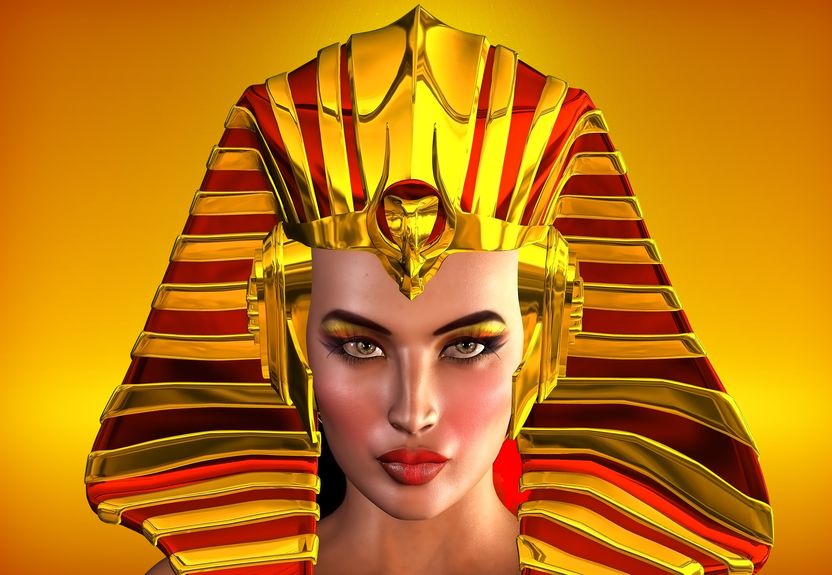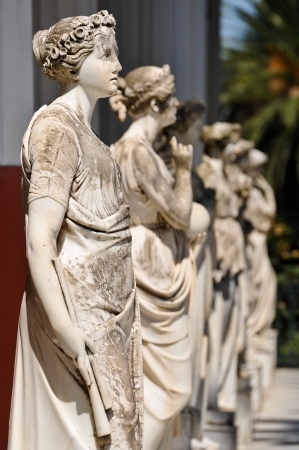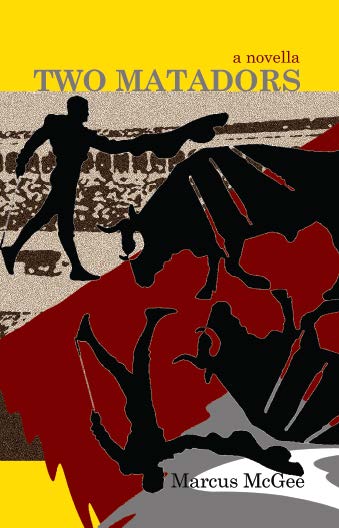
Then I knew that not by wisdom do poets write poetry, but by a sort of genius and inspiration. They are like diviners or soothsayers who also say many fine things, but do not understand the meaning of them.
The Death of Socrates, Plato
Writing is an individual thing, and whatever love affair or obsession a person might have with writing is unique. I cannot begin to understand why anyone else writes, but I know why I do. I write for my own sanity, as I know it is something I must do, lest I lose my mind.
I first understood this when I was nine years old, when I realized that unless I learned to do something extraordinary, I would be stuck in a mundane life. I felt powerless and disconnected from the ideas, stories and inventions that inspired me. Providence intervened so that at a young age, I discovered the power and wonder of words.

To me, a word was something I could own, if only I could learn its formation, evolution and varied moods. Once I owned it, it was mine for all time. So I went after words with great passion in my youth, and the more difficult and complex a word, all the better. I imagined I was collecting rare butterflies, and with each new discovery, I marveled at abstraction, duality and nuance. On a few singular occasions, I even uncovered a word that had never been written or spoken before. However, I could not truly own a word until I used it, and that, of course, involved writing.
I never made a conscious choice to become a writer, but my fascination with words led me to poetry, the highest of all art forms. I was intrigued by the way words could lie together, blending, overlapping and creating vivid images and complex contexts and meanings beyond the capabilities of mere runes. I enjoyed involving them in rhythm, meter and rhyme. I studied the mastery of Poe, the cleverness of Shakespeare, the soul of Hughes.
Beyond the poetry of words lied the stories, which involved employing words to create lives and express commentaries. And there I understood the power of a writer’s voice. The genius of writing has allowed poets, philosophers and visionaries over time to change and recreate the world. To me, it was an awesome power that bordered on sacrilege.
Yet by that time, writing had become an obsession. I awoke early to write in the peace and inspiration of the sunrise and remained awake as the world slept, marveling at words from the minds of David, Virgil, Dante, Voltaire, Jefferson, Sarte, Sinclair, Maupassant, Senghor, Wright and Baldwin. During the day, I stole random moments to sketch thoughts and ideas as they came to me.
Once during a Calculus final in college, as I took a few minutes to trap a fleeting thought, the perplexed professor called me aside. When he realized what I was doing, he suggested I leave Engineering for a major more suitable to my passion. I do not remember his name or face, but he was the first person to ever call me “a writer.” It was a ten minute conversation that changed my life.
On that day, I realized something that should have been obvious: I was a writer, first and foremost, and had always been. It was then I began to believe that becoming a writer is not a decision, but a destiny. In my experience, it has been a blessing, but also a curse, a cruel addiction. It has not provided me an illustrious and secure life. It has made me to spend most of my years alone, unloved and unappreciated. It forced me onto the road not taken and made me a pauper, stopped at all frontiers. No, I did not choose such a life.
I was born with the soul of a writer so that my destiny was inescapable. I wanted to become an inventor, a lawyer or a public servant, but all other ambition was overshadowed by fate. At the university, I was a writer first, who was also a student. In my job at Frank Fat’s, I was a writer, who just happened to be managing a high-end restaurant. And in my human relationships, I was a writer, who was also a son, a brother, a friend, a life partner and a father.
A writer’ life is contemplative by nature, a matter of seeing the world from varied and slanted perspectives. Though lonely, such a life is about relationships— between and with words, conventions, science, history, psychology, communication, the past, present and future, with irony, philosophy and belief. It’s a life as one of God’s spies, though it is usually not a well paying job.

Over the years, I have been asked about the source of inspiration for various stories. I have always tried my best to answer, but in truth I have no clue about what motivated me to write about half of what I have written. My best work has come from somewhere beyond the realm of conscious thought. I do not understand it, but in some senses I feel I am uncovering or rediscovering stories written long ago.

The ancient Greeks believed all inspiration for science, literature and art came from the Muses, the nine daughters of Zeus and Mnemosyne. Mount Parnassus was sacred to the Muses, who resided there along with Pegasus, the winged horse. Of the nine, I have had affairs with Melpomene (tragedy) and Thalia (comedy), though I have spent much time in the company of Erato (love poetry), Clio (history) and Euterpe (song). So call me a womanizer!
Many great writers invoked the Muses and have given them credit as the true authors of exceptional works, for whom these writers called themselves mere mouthpieces, or scribes. In the passage listed at the beginning of this blog, Plato refers to writers as “diviners or soothsayers,” who possess no remarkable wisdom and are disconnected from the meaning of what they write. The source of inspiration cannot be known, though I am convinced it does come from somewhere beyond the limited knowledge and experiences of writers.

Two Matadors, one of my books, is one such piece— a story told to me long ago and all but forgotten. Yet I was inspired to retell the story and to include in it a divine message, a message about living life as a believer. When I have reread it, I hardly know the author. There are more things in heaven and earth, mused Hamlet, Than are dreamt of in your philosophy.
This is my very first blog, and possibly my last, as I wonder if I will be any good at this. But I am inviting the writers of the world to share their souls, experiences and their secrets here. I want to know why you write. What is the source of your inspiration? Is writing for you a love affair, a curse or an obsession? Do you write every day? Who is your audience? When did you discover your voice? How has writing affected your lifestyle and relationships? Please share.
In the end I would have to say that writing for me has been a passionate love affair, with all the joy and disappointment, the triumphs and failures, the ebullience and self-loathing, the day to day struggles and adventure that make for an extraordinary life. Writing is no casual dalliance, but a jealous, possessive and high-maintenance lover who will never let you forget what you are.
Please visit this site often, as I hope to create one blog every two weeks, and if I am inspired, possibly more frequently. Welcome to my blog. If you have any comments and suggestions, I am anxious to hear them.
Marcus McGee
genus irritabile vatum
